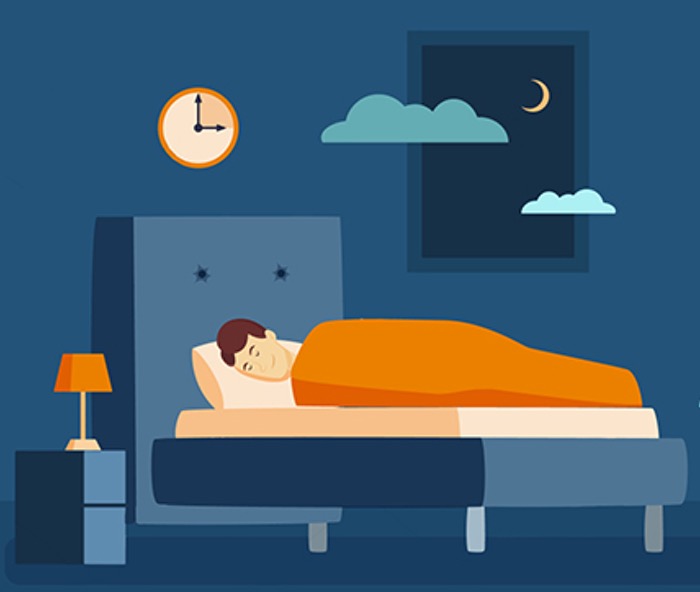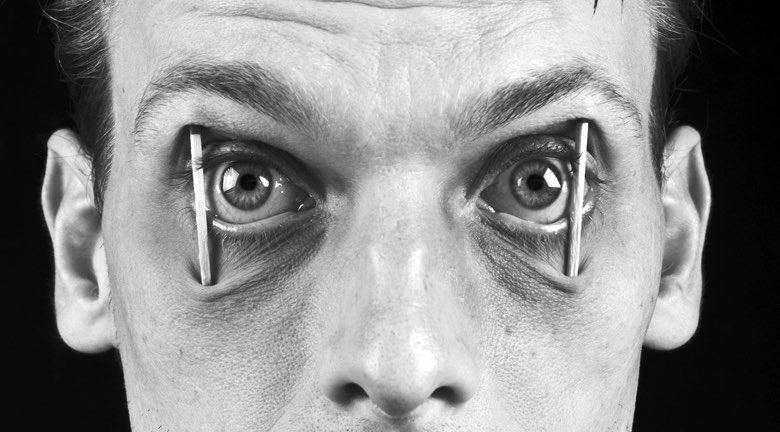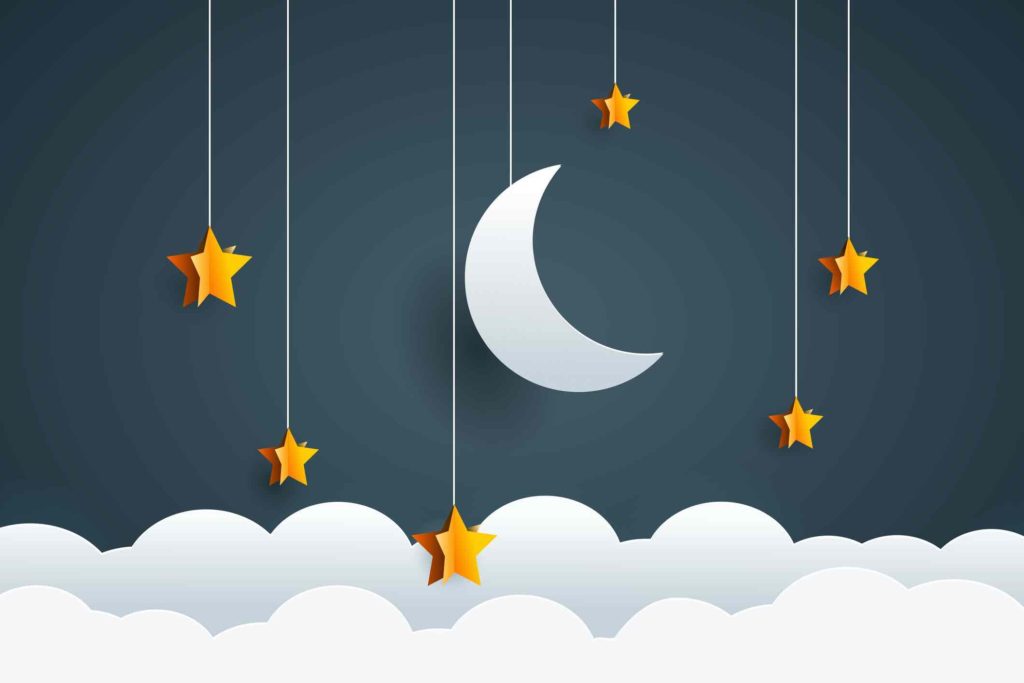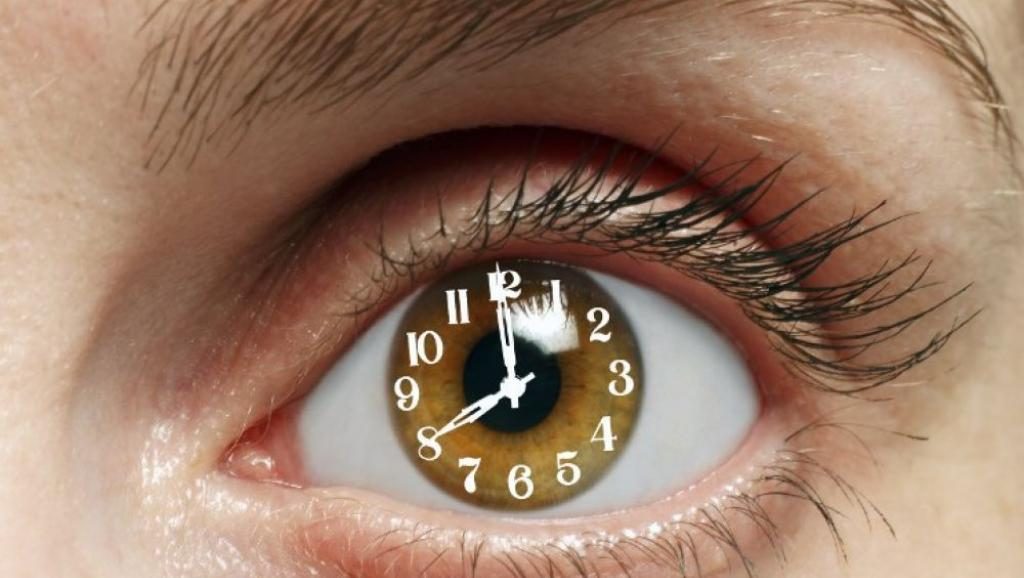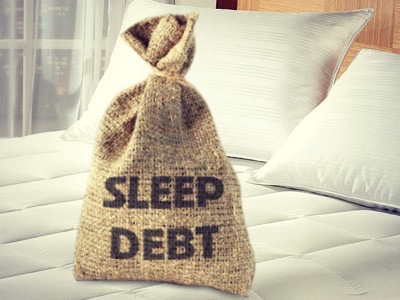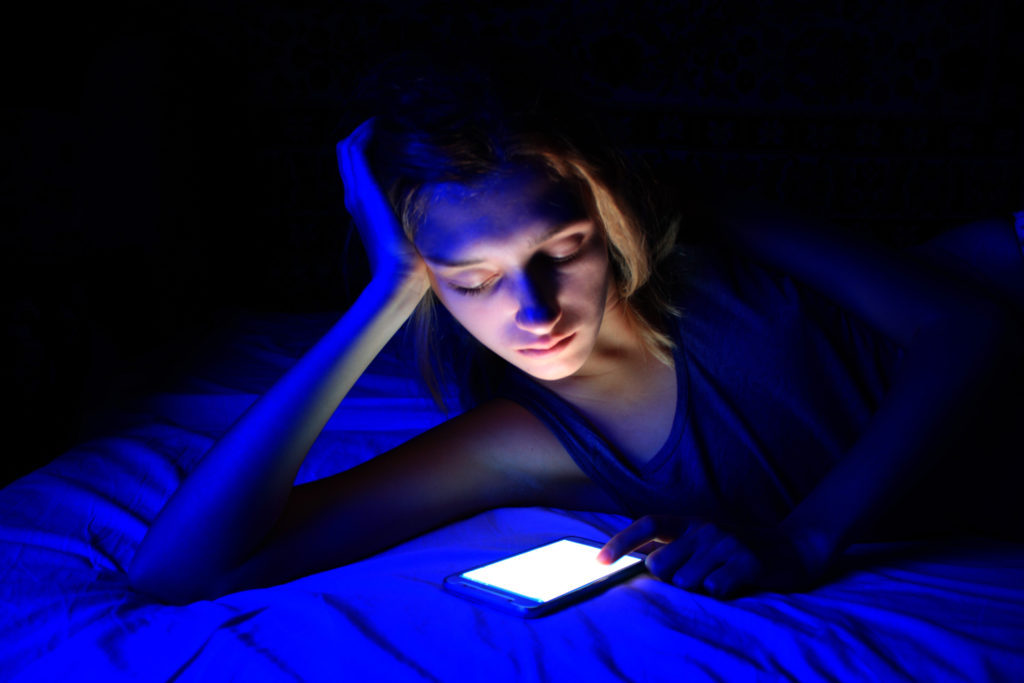We take sleep for granted.
In fact, losing sleep, or having insufficient sleep, is a serious public health problem, as it can lead to a loss of productivity, impairment of mood along with causing chronic diseases such as diabetes or cancer [1].
When we think of sleep, we often don’t think of quality. We also don’t really consider the basics of understanding sleep.
we humans spend about a third of our day asleep.
When we cannot sleep, we develop a sleep disorder known as insomnia [2].
Insomnia can lead to other serious mental health problems if not addressed.
Did you know that before the 1950s, most people thought of sleep as a passive activity in which the brain and body are shut down [3]. Meaning, people thought that sleep held no relevance to how the brain and body were working.
Our current understanding of sleep has reached an advanced level, and we now know sleep to be crucial to our mental wellbeing.
According to one source, sleep quality is defined as:
one’s satisfaction of the sleep experience, sleep maintenance, sleep quality and the feeling of refreshment upon waking [4].
Sleep maintenance, or sleep maintenance insomnia, a scientific term often used in the study of sleep, refers to the difficulty that a person has when trying to fall back asleep [Fiorentino et al., 2012].
Sleep basically consists of two types: rapid eye movement (REM) and non-rapid eye movement (non-REM).
During a typical nights sleep, you cycle through multiple stages of REM and non-REM.
Stage 1 to stage 3 forms the non-REM sleep period, followed by REM sleep.
Also, during sleep there are many structures of the brain that continue to work.
…dreams are also very prominent during this REM phase.
Just like water, we’re all aware that we need sleep to live.
This is why many people turn to sleeping pills, thinking that these may be the solution to poor sleep.
In addition, not having enough sleep (sleep deprivation) – or a good quality sleep – can severely affect how we make new memories and even impact our response time [5].
There isn’t a magic number of sleep hours that we all adhere to. No standard.
However:
most babies sleep as much as 16-18 hours per day
On the contrast you can expect:
school kids and teenagers require around 9.5 hours per night, and most adults (like you, reading this) need about 7-9 hours per night.
Put simply, your brain needs sleep.
Or rather, your brain needs YOU to sleep.
Why?
One reason is because sleep plays a type of ‘cleaning-up’ role that rids the brain of accumulated toxins, that usually bundle up during our waking state [5].
Other reasons include re-energising the body’s cells, along with supporting good quality learning and memory [6].
Let’s consider those that have trouble sleeping.
For many, sleeping pills may not always work as a form of alleviating bad sleep quality [7].
Furthermore:
although short-term use of sleeping pills is effective for treating insomnia, long-term use of sleeping pills can cause serious side effects, such as risk of withdrawal [7].
There are dire consequences to a lack of sleep.
Many of the risks associated with a lack of sleep manifest in our daily waking lives.
For starters, not getting enough sleep weighs you down, and dumbs you down [7].
Sleep helps with your memory, and not having enough of it can impair thinking and concentration.
We can all admit to struggles falling asleep, no matter how hard we try.
These random, somewhat occasional nights of restlessness are fine; we can usually recover from these the next day.
Although we might feel sluggish, a little grumpy and/or irritable the next day…
…luckily there is a solution.
Have you ever experienced the effects of a bad night’s sleep?
The next day is a struggle; decisions are usually difficult to make, and accidents are likely to occur [8].
Those long stretches of sleepless nights, are when the mental impacts come into play [8].
This is when we should really consider how severe our sleeping patterns have become.
According to the NHS UK:
Experiencing regular poor sleep increases your chances of serious medical implications. sleep problems can shorten life expectancy, along with putting you at risk of heart disease and diabetes [8].
The Sleep Foundation lists sleep and mood as being almost inseparable.
This complex relationship between sleep and mood can also translate into depression over time [9].
In fact, those who suffer from insomnia are:
More likely to show signs of depression and anxiety compared to those who sleep well [9].
We need a good night’s sleep to perform our daily duties.
We also need a healthy dose of sleep to function in our professional and our personal lives.
So there we have it. Good Sleep means Good Health.


